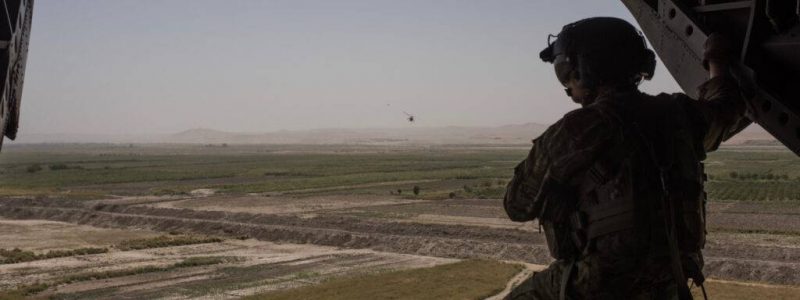
Can America trust the Taliban to prevent another 9/11 attack?
For nearly 20 years, the U.S. intervention in Afghanistan has been sustained by a single, vital national interest: the clear and present danger of another September 11–like attack emerging from this region of the world, absent constant efforts to thwart it.
To this end, U.S. strategy has been threefold: deploying American and allied forces to Afghanistan to conduct sensitive counterterrorism missions there and in neighboring parts of Pakistan; training and enabling Afghan partner forces to assume the bulk of responsibility for security inside their country; and backing a friendly government in Kabul that has permitted international forces to operate from its territory against Islamist extremism.
This strategy has been costly and unsatisfying—but also reasonably successful. It enabled the United States to eliminate the al Qaeda camps that flourished in Afghanistan under the Taliban prior to its ouster from power in late 2001, and equally important, it has kept that extremist infrastructure from being reestablished.
When terrorists attempted to rebuild their networks in the nearby tribal areas of northwest Pakistan in the mid-2000s, the United States was able to smash them there, too, from its Afghan bases. And it was out of Afghanistan that the operation against Osama bin Laden in his Abbottabad hideout was launched in May 2011.
More recently, the U.S. footprint in Afghanistan again proved its value when an Islamic State (ISIS) affiliate emerged on the Afghanistan-Pakistan frontier and attempted to raise the black flag of the caliphate there. It likewise has been pummeled.
Source: CNAS





